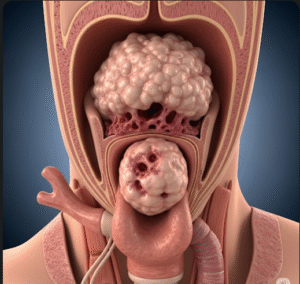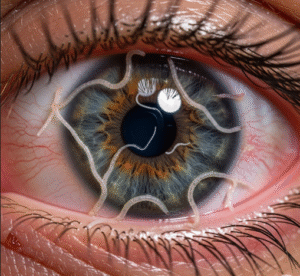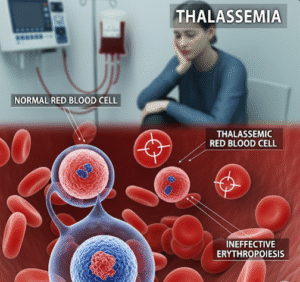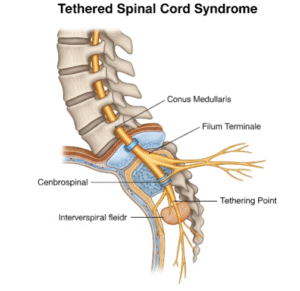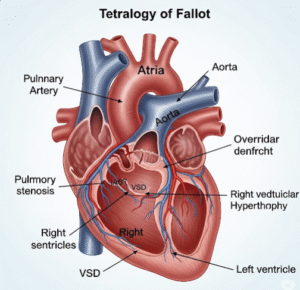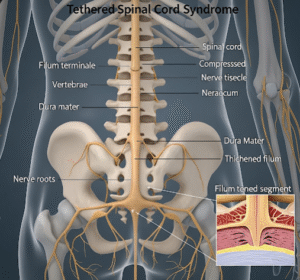Overview
Gastrointestinal stromal tumor (GIST) is a rare type of tumor originating from the interstitial cells of Cajal in the gastrointestinal (GI) tract. It is the most common mesenchymal tumor of the GI tract and can vary from benign to malignant. Early diagnosis and targeted treatment significantly improve outcomes. South Korea has advanced diagnostic tools and effective treatment options for GIST patients.
What is Gastrointestinal Stromal Tumor (GIST)?
GISTs are tumors that develop from specialized nerve-like cells in the wall of the GI tract, most commonly found in the stomach or small intestine. These tumors can grow silently and may be discovered incidentally or after causing symptoms related to obstruction or bleeding.
Symptoms
- Abdominal pain or discomfort
- Gastrointestinal bleeding (melena or hematemesis)
- Feeling of fullness or bloating
- Nausea and vomiting
- Palpable abdominal mass in some cases
- Fatigue and anemia due to blood loss
Causes
GISTs are caused by mutations in genes such as KIT or PDGFRA, which lead to uncontrolled cell growth. The exact cause of these mutations is unknown, but they are central to the tumor’s development.
Risk Factors
- Age (most common in people over 50)
- Genetic conditions like neurofibromatosis type 1 (rare)
- Family history of GIST (very rare)
Complications
- Tumor rupture causing internal bleeding or peritonitis
- Metastasis to the liver or peritoneum
- Obstruction of the GI tract
- Anemia due to chronic bleeding
Prevention
No established prevention due to the genetic nature of GIST, but early detection and treatment can prevent complications.
Treatment Options in Korea
South Korea offers state-of-the-art care for GIST patients including:
- Diagnosis
- Endoscopy with biopsy for tumor visualization and sampling
- CT scan and MRI for staging and assessment
- Immunohistochemistry to detect KIT and PDGFRA mutations
- Surgical Treatment
- Complete surgical removal of the tumor is the mainstay for localized GIST
- Minimally invasive laparoscopic surgery performed in many Korean hospitals
- Targeted Therapy
- Tyrosine kinase inhibitors (e.g., imatinib, sunitinib) used to treat advanced or metastatic GIST
- Available and widely used in South Korea with good patient support
- Follow-Up and Monitoring
- Regular imaging to monitor for recurrence
- Long-term follow-up by oncology specialists
- Specialized Centers
- Major cancer centers like Samsung Medical Center and Asan Medical Center provide comprehensive multidisciplinary care for GIST




